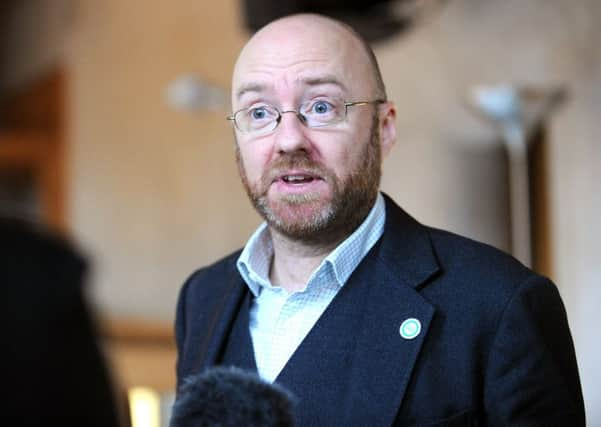Leader comment: Put economic growth before government spending


Up until now, there has been a reluctance to use all of the powers which Holyrood has been given as part of the improved terms of devolution, especially tax powers, which is the one which would makes the biggest difference to people’s lives. There is no doubt that it is time to see tax changes being made, or at least considered.
Yesterday’s Budget will see 372,000 Scottish workers left worse off than their counterparts in the rest of the UK. The danger of raising taxes is that it may have a dampening effect on economic growth. We know that the Scottish economy is in for a hard road in the weeks and months after Brexit finally happens.
Advertisement
Hide AdAdvertisement
Hide AdOur performance is already trailing behind that of the rest of the UK and we really do not want to fall behind any further. So, with that in mind, perhaps a more considered use of tax powers would be not to tax the public more.
With more money in their pockets, people will spend more and therefore stimulate the economy in a much more sustainable way.
For the Scottish economy to thrive, consumer confidence needs to rise, allowing people to feel financially secure enough to spend again.
Yesterday’s decision was made, in essence, by a very small number of MSPs – the Greens – who hold the balance of power by uniting with the Scottish National Party. It is they who have enabled this to happen. Although Labour has argued that the tax changes were not radical enough to mitigate the cuts coming to public services, the Conservatives have dubbed the policy “anti-growth” and “anti-business” – a fear echoed by business leaders across the land.
Making Scotland the highest taxed part of the UK does not make it an attractive place for people to work. Indeed, the Scottish Chambers of Commerce has described the move as “highly dangerous”.
The £29 million raised by the extra taxes will go towards local authorities, while a further £2m will be given to police reform. Meanwhile, an extra £35m will go towards Scottish Enterprise.
Yet, while Scottish Enterprise undoubtedly has a key role to play in advising businesses, if business confidence is low and the entrepreneurial spirit is quashed by an under-performing economy, it could have little to do with its extra money.
We need to find a way to put that extra bit of money back into the Scottish economy if we are to weather the Brexit storm that is certainly coming our way.
Advertisement
Hide AdAdvertisement
Hide AdGrowing the economy and raising more tax revenues from that natural growth is the sustainable way to raise money to spend on government-provided services thought necessary. Smothering economic growth by ill-considered tax grabs is a very short-term strategy.